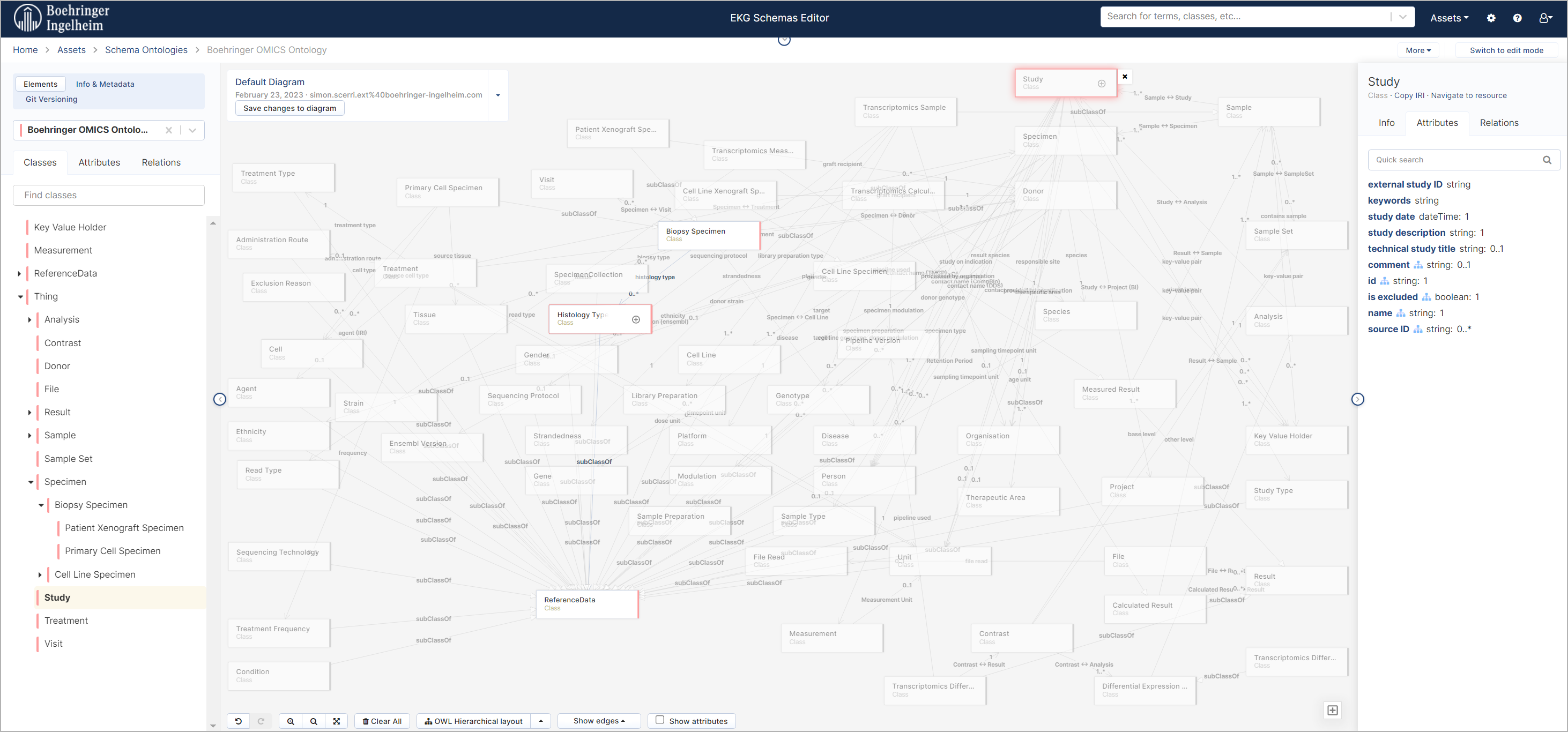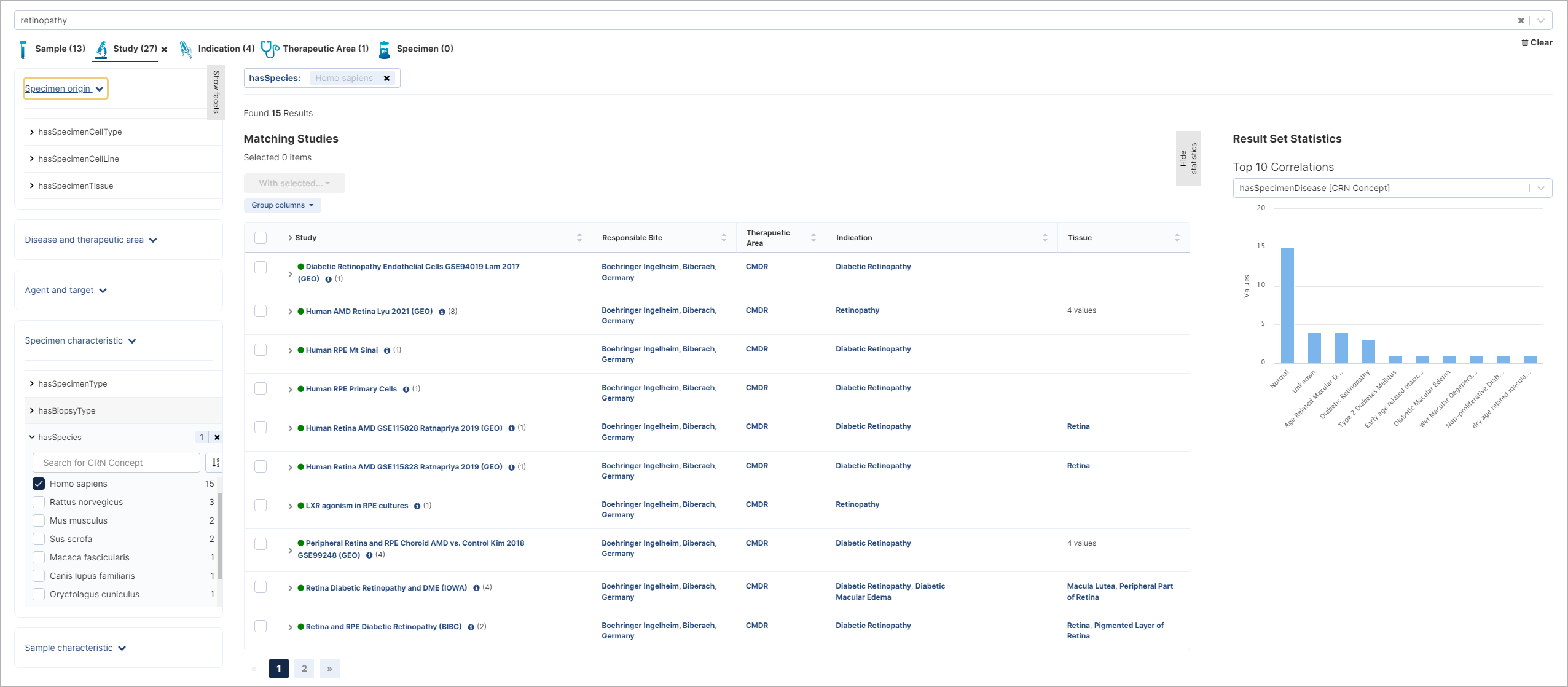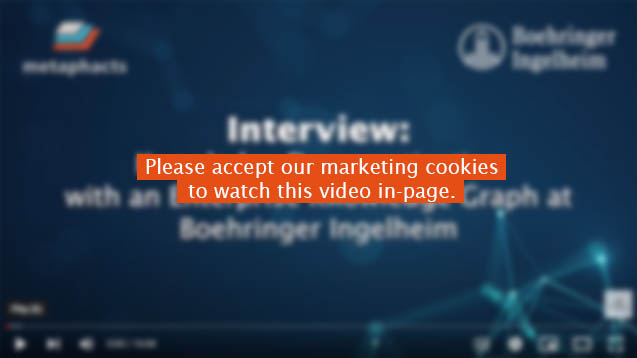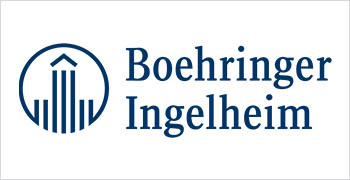Boehringer Ingelheim uses metaphactory to empower domain experts and deliver a seamless experience over interconnected, use case specific and use case agnostic knowledge graph applications.
The customer
Boehringer Ingelheim is working on breakthrough therapies that transform lives, today and for generations to come. As a leading research-driven biopharmaceutical company, the company creates value through innovation in areas of high unmet medical need. Founded in 1885 and family-owned ever since, Boehringer Ingelheim takes a long-term perspective. More than 52,000 employees serve over 130 markets in the three business areas, Human Pharma, Animal Health, and Biopharmaceutical Contract Manufacturing. In order to manage their constantly growing data and to gain new insights, Boehringer Ingelheim started the dataland program.
dataland – Main Goals
- Build a data-centric culture at Boehringer Ingelheim
- Implement technical systems needed to tackle data management challenges
The challenges
Constant data growth
- New data is generated by new studies, new research and new analyses
Siloed data handling
- Data is handled differently and within their own systems at each stage in the drug development pipeline
Limited data reuse
- Each use case generates new data without data reuse
The knowledge graph solution
Semantic model defined together with business
- The model captures domain-relevant concepts and relations
- Data references the semantic model directly
Explicit links with global identifiers
- Identifiers are globally unique and describe the data access protocol
Federation across data silos
- Multiple data silos and knowledge graphs can be accessed and interlinked using the SPARQL standard
Flexible and extensible data model
- The graph data model can be extended while improving data
- New data can be ingested before explicitly defining the semantic model
Data virtualization
- Tabular data outside of the knowledge graph can be mapped to the graph model
Seamless experience for domain experts
Collaborative modeling
- metaphactory's visual ontology editor allows non-IT users to describe their domain by capturing domain-specific concepts and relations in the model
- Data stewards, domain experts & business users at Boehringer Ingelheim actively contribute to the knowledge modeling process
Linked data exploration
- metaphactory enables end users to access and consume data across heterogeneous data silos without boundaries
- The Boehringer Ingelheim Linked Data Explorer powered by metaphactory provides interactive knowledge discovery and search interfaces that support use case specific interaction patterns
Example use cases
- Omics data management: Publishing of data from multiple laboratories to enable data scientists to reuse across business needs, use cases and analyses
- IT system management: Interlinking of data about tickets, incidents, IT systems, IT system leads and exploration of data in context
- Document management: Document exploration based on topic relevance
Key takeaways
- Domain experts and business users can learn to do modeling
An ontologist can support the modelling process at first, but non-IT experts should be empowered to contribute and extend the model to fit their needs - Embracing cultural change is critical
New roles have been defined to support the knowledge graph initiatives
- Data domain owners – users who own and are accountable for domain-specific data
- Data stewards – users who collaborate with IT to integrate data
- Use case agnostic applications allow data providers to focus on data creation and management
Learn more
To learn more about Boehringer Ingelheim's journey to building an enterprise knowledge graph serving multiple use cases and applications, have a look at this interview with Maksim Kolchin, Knowledge Graph Platform Lead, presented at the 2022 BioIT World Conference & Expo.
You can also read the interview in text format here »






















